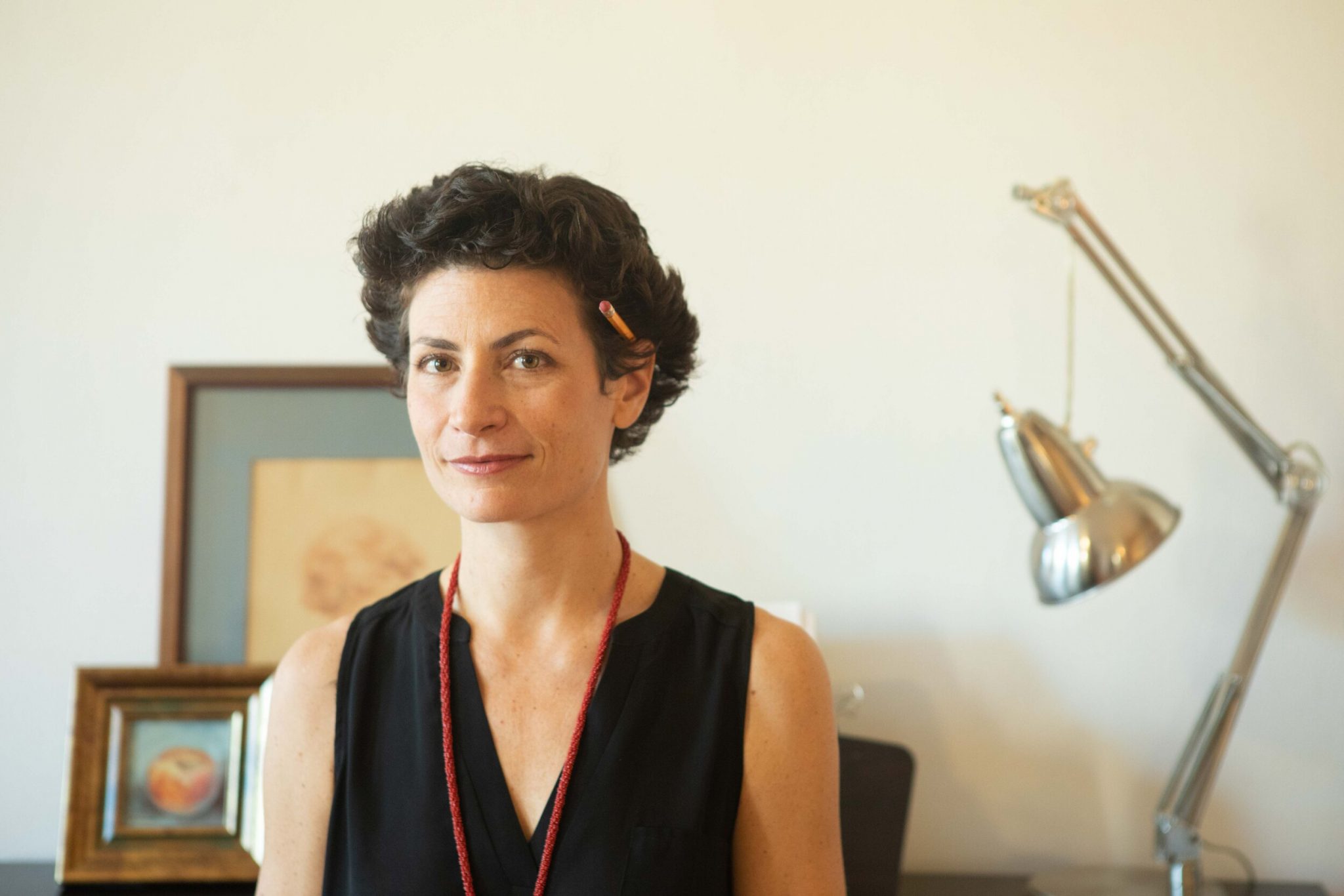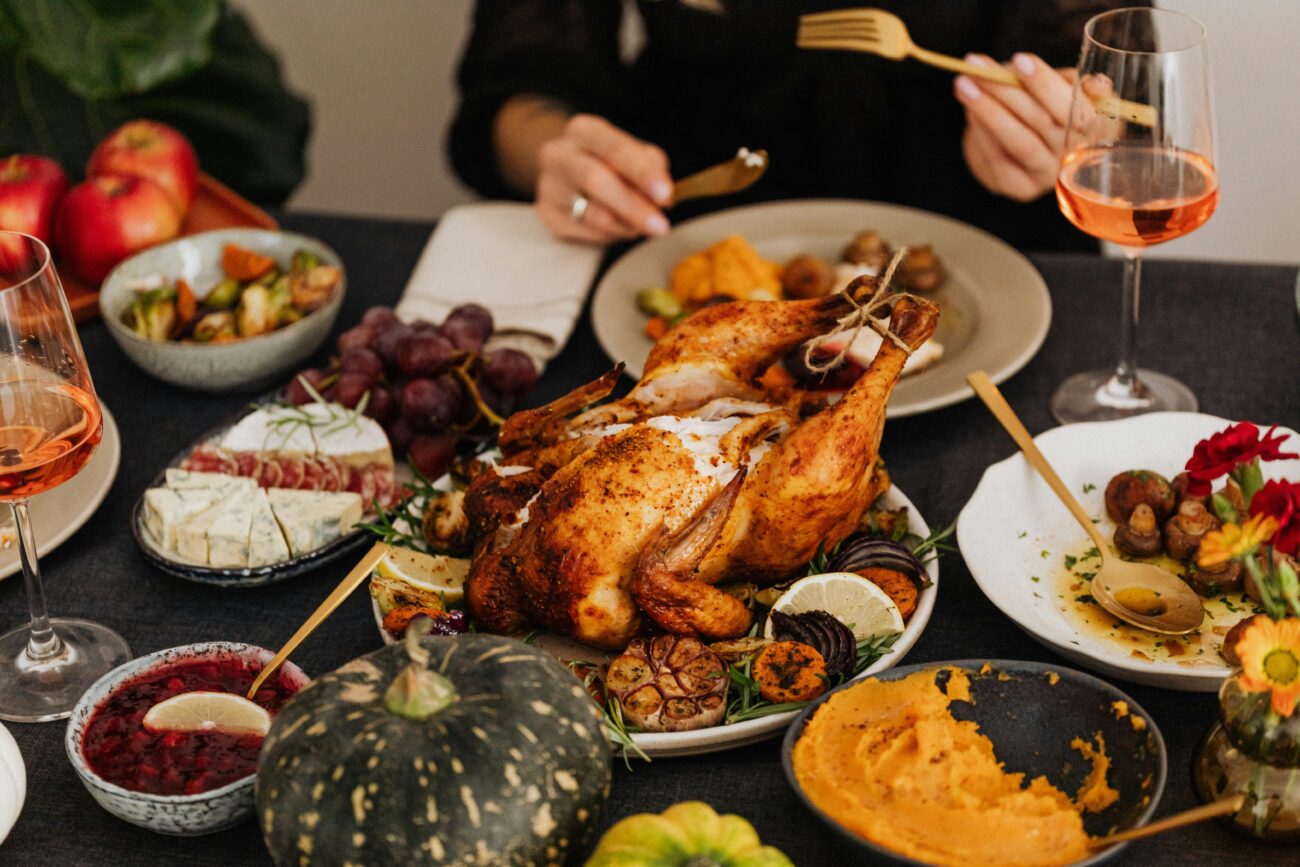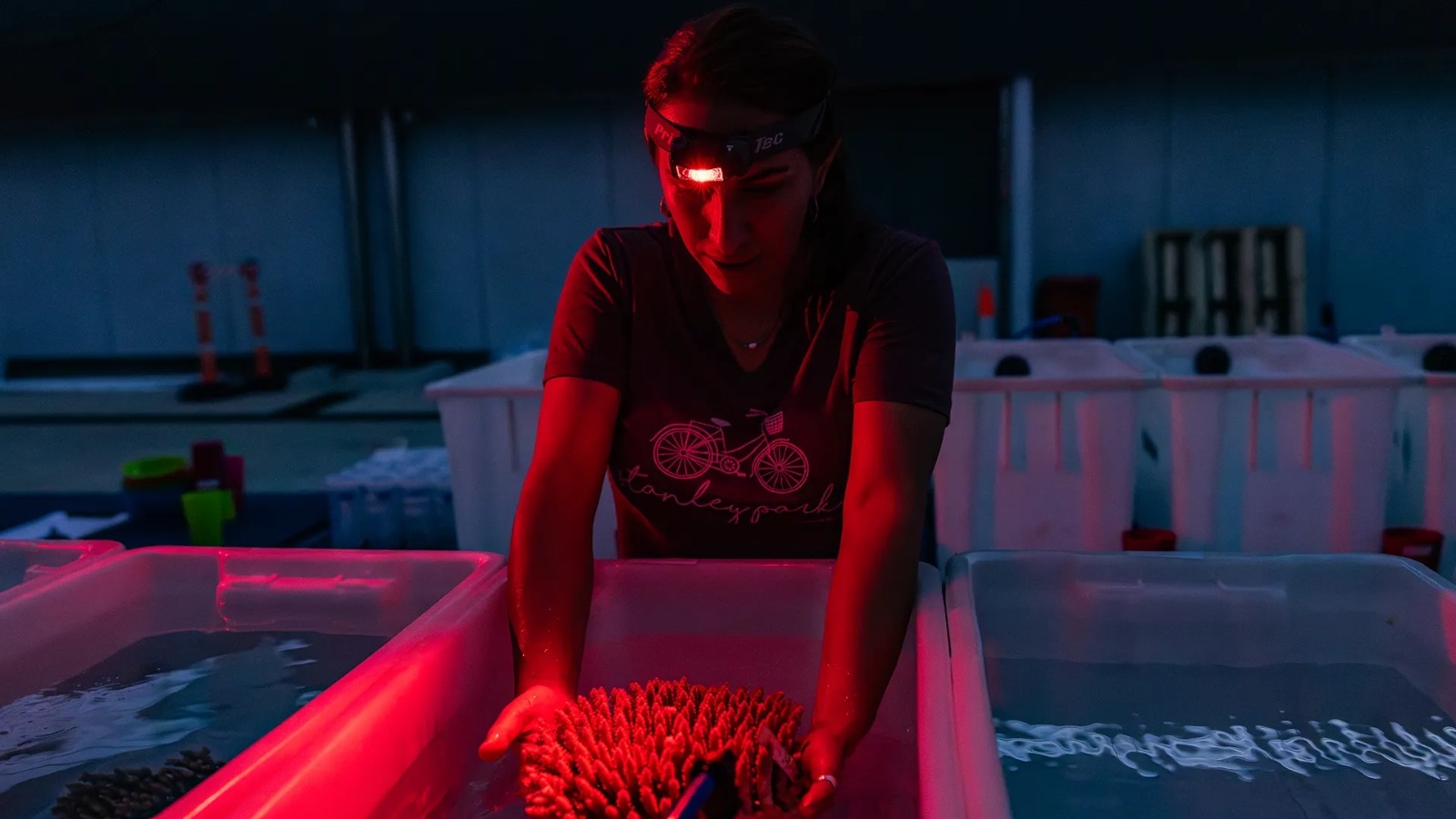The holiday season is marked by folks gathering to celebrate traditions and connect over special meals. Yet it can be difficult to feel festive when considering the environmental impact of food waste. According to Feeding America, a nonprofit that has over 200 food banks in the U.S., 38 percent of all food goes unsold or uneaten. That’s a staggering statistic, particularly in a time of increased food insecurity, as supplemental nutrition assistance program (SNAP) benefits have been reduced, putting nearly 6 billion meals at risk for people in need.
With this in mind, State of the Planet spoke with Sandra Goldmark, associate dean for engagement and impact at Columbia Climate School and professor of professional practice at Barnard College, about how we can shift our consumption habits to create change on personal, local and systemic levels.
Tell us about your work and how you came to it.
I work on the circular economy, so consumption, waste, and broadly speaking, food, fits into that. My background is in the world of stuff: I made scenery and costumes for many years and threw away so much that I got sick of the waste. Through that, I got heavily involved in circularity through repair and reuse. I think circularity is one of the most powerful tools in our climate toolkit and one of the most underutilized. Circularity encompasses food, production and waste. The problems that plague the food system are essentially very similar to the problems that plague the stuff systems.

How do you apply practices of food conservation to the category of stuff?
I’ve been reading and following the food movement for many years because I love food. My mom is French and there’s a kind of built-in resistance to waste in French culture, especially as seen in my French grandmother, who lived through World War II. I remember my French grandmother washing the tin foil and putting it back in the drawer—you don’t waste food, you don’t waste tinfoil. As I was beginning to think about changing practices in the world of stuff, I followed the work of Michael Pollan and other slow food writers who were laying out these really basic principles: eat good food, not too much, mostly plants. I thought, well, this is exactly the same for stuff. If you’re making stuff, you want to make good stuff, not too much of it, out of good ingredients, and mostly reclaimed.
What’s at the core of circularity?
The basic philosophy is about moving from the linear to the circular, where we’re recapturing all of the nutrients that we can and, along the way, being more careful and thoughtful at every stage in the cycle. That’s how I think about food. In circularity, waste from any system becomes food for another system. For example, I have this banana peel, I’m going to compost it and it’s going to become food for bacteria, then for the soil, and then for the next banana, hopefully. And so that’s how I guide my thinking about consumption: We need to mimic nature.
You recently spoke at a Columbia Climate School event about climate responsibility at the personal, local and systemic levels. How does that apply to food waste?
Food is a great one because it’s easy to take action at multiple levels. On an individual level, you can start composting. Compost is also something you can begin to think about at a higher level. Let’s say you work in a school or office building—you can start to organize around composting and create local action to make that happen. Then, if you want to think much bigger, get involved in policy changes. If you run a business, think about your business model, or if you work in a business, advocate for change. There’s a lot of ways that you can begin to think even bigger and more systemically, just starting from compost in your kitchen.
How can the issues of food waste and food insecurity be met at this moment?
I think it’s one of the strange, painful paradoxes of our country that we have so much excess and overconsumption, and at the same time, hardship and hunger. For me, that’s another reason to start making these changes locally first. Because while composting in my kitchen isn’t going to do anything right now for the person down the street who’s facing hardship, I do believe that becoming conscious of waste and overconsumption is part of a bigger shift. That’s where we get to this paradigm shift where if it’s no longer okay for me to dump food in the garbage and not care where it’s going, then it becomes no longer okay for that to happen at the biggest scale. If it’s no longer okay for me to ignore the person down the street who’s hungry, and not contribute to a local food drive, then it should become no longer okay to tolerate that kind of inequality and hardship at a bigger scale. Taking small scale action is a way to stop and pay attention and create a culture, and culture starts at home.
Is there a meal or dish that you’re looking forward to having over the holidays?
My mom makes creamed onions at Thanksgiving. That’s not a French dish—I think she learned it from American grandmother, but I like them because they are a tradition. Also, my mother-in-law makes these really great almond balls.
If you are interested in creating change around food waste and food insecurity, there are many ways to get involved. The Global FoodBanking Network and the USDN provide education and initiatives to reduce food waste. Sign up for events with Feeding America and World Central Kitchen. If you are located in New York City, Food Bank NYC, City Harvest, CHiPs food pantry Brooklyn and Xavier Mission have opportunities for direct service.
Source link
Guest news.climate.columbia.edu


